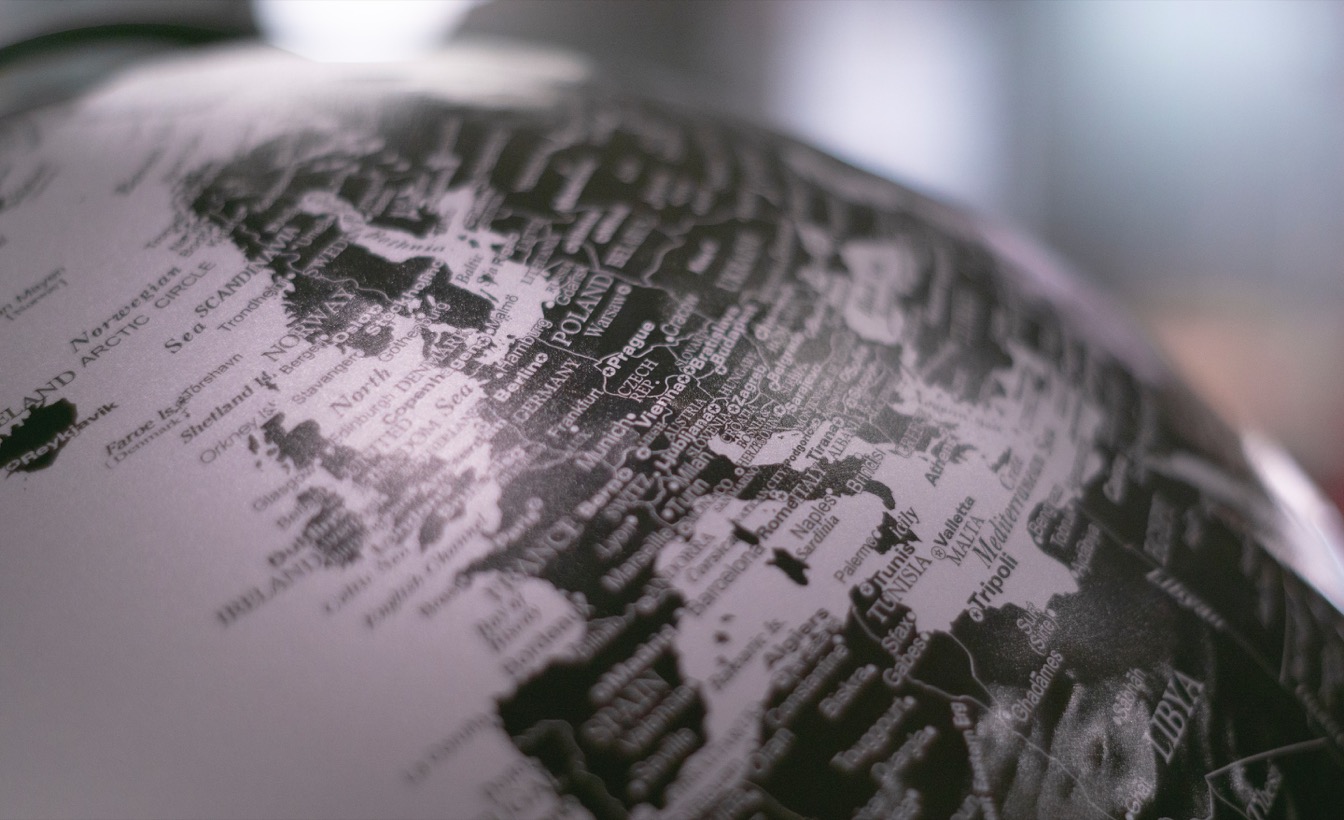
News
Introducing the LEDS GP Annual Event: “Innovation in LEDS”
Ron Benioff, Director of the LEDS Global Partnership, discusses what the Partnership brings to the design and implementation of low emission development strategies and what participants can expect of the LEDS GP Annual Event in Punta Cana, Dominican Republic, October 14-16.
What does the event title ‘Innovation in LEDS’ mean–what can participants expect from their three days together in the Dominican Republic? During this year’s LEDS GP Annual Event, we are creating a space where participants can step away from their everyday work and think creatively about new and creative low emission approaches and measures. The training session topics were determined by popular vote among the LEDS GP members and sessions are designed to enable peers to share their work on cutting edge LEDS strategies and programs. This year’s event will emphasize learning and innovation with analysis and communication of the benefits of LEDS and with measures for mobilizing private and public investment to support implementation of LEDS priorities. Sessions will also profile emerging approaches and new resources available from the LEDS GP on other topics, including energy, agriculture and forest, transportation and sub-national LEDS action, and will provide an opportunity to learn about offerings from other related international programs.
The LEDS GP has been going since 2011, what do you think are some of the emerging trends since then in LEDS, the real issues to look out for? Since 2011, we have seen low emission development strategies blossom from an approach that several countries were pioneering to a mainstream approach. There are now a large number of national and sub-national governments around the world seeking to achieve social and economic development goals through a transition to climate resilient, low carbon pathways. These LEDS have provided a strong foundation for the preparation of Intended Nationally Determined Contributions (INDCs) that many countries have recently announced prior to the COP21 meeting in Paris. A key challenge now, along with continuing to support LEDS development and refinement, is to enable countries to be successful in implementing their LEDS and INDCs. In an effort to support governments in their move towards implementation, the LEDS GP facilitates peer learning, including more detailed trainings and support on specific policies and measures and means of mobilizing investment from both the public and private sectors. We also provide technical collaboration and resources, access to international support on LEDS policies and measures, financing, public-private partnerships, and integrated national and sub-national action.
Tell us a few things about yourself, Ron. What’s your role in the National Renewable Energy Laboratory and how are you working on LEDS opportunities daily? I have managed global partnership programs at the National Renewable Energy Laboratory (NREL) in Golden, Colorado. In addition to directing the LEDS GP in partnership with Climate and Development Knowledge Network (CDKN), I also manage the work by the lab as operating agent for the Clean Energy Solutions Center, the 21st Century Power Partnership, the Clean Energy Ministerial Initiative and our engagement as a member of the core team of the Climate Technology Center and Network (CTC-N) managed by UNEP. I have the pleasure of working with developing countries and international organizations around the world in mobilizing technical assistance, developing enhanced analytic tools and technical resources, and conducting training and other forms of capacity building programs to respond to needs from the countries to build capacity and advance their low emission development goals.
What do you personally want to get out of the Annual Event? I am keen to learn about innovative and leading approaches that countries and programs around the world are taking to advance LEDS and to understand how the LEDS GP can further refine its offering to best help countries with LEDS development and implementation. I would love to see that each participant leaves the event with a couple areas that we have identified for ongoing expert advice, information exchange and learning from which they will benefit and that they have identified steps that they will take to apply knowledge learned to strengthen their LEDS related activities with their home institution. I also hope that all participants identify ways in which we can improve the partnership and elements of the LEDS GP where they plan to increase their engagement and/or foster broader participation by their peers.
Do you think it’s necessary for LEDS practitioners to meet in person to exchange experiences? What’s the role for events versus online/virtual communities? There is no substitute for face-to-face sharing of experiences, learning and relationship development; thus global and regional workshops are a core element of the LEDS GP. However, such events require high time and resource commitments from participants and sponsoring organizations and thus we only convene in person events when truly needed. We supplement these events with a large number of remote learning forums, such as web seminars and on-line training, along with facilitating working groups where members can drive the dialogue as they see fit. We also offer quick response remote expert and peer assistance. In addition, we are developing a new fellowship program to support south-south exchange of practitioners across countries to enable learning from those who have lead work on a LEDS topic and are pioneers in their field.
